Dangerous! Avoid these 6 foods during pregnancy for the safety of the fetus!
Did you know that pregnant women have a list of foods that need to be avoided? Some types of food can even cause infection!

Did you know that pregnant women actually have a list of foods that need to be avoided? Some types of food are considered very dangerous for pregnancy because it can cause infections in the fetus. Not only that, they can even trigger premature births, to miscarriage! Which food is it? Immediately refer to below!
1. Raw food
Pregnant women should greatly avoid raw foods such as fish or raw meat, raw milk that has not been processed by UHT, and home -made mayonnaise. These raw foods can actually cause serious complications in pregnancy!
Fish and raw meat have the potential to be contaminated with harmful bacteria such as Salmonella, Listeria, Escherichia coli (E. coli), or Toxoplasma Gondii. These bacteria can cause complications of pregnancy such as fetal infection to miscarriage.
Another example of raw food is raw milk, which is milk that has not been pasteurized or the UHT process. Raw milk can contain bacteria Listeria Monocytogenes which can cause listeriosis. Listeriosis can later cause a serious infection that can make the baby die before birth, complications in newborns, or even miscarriages.
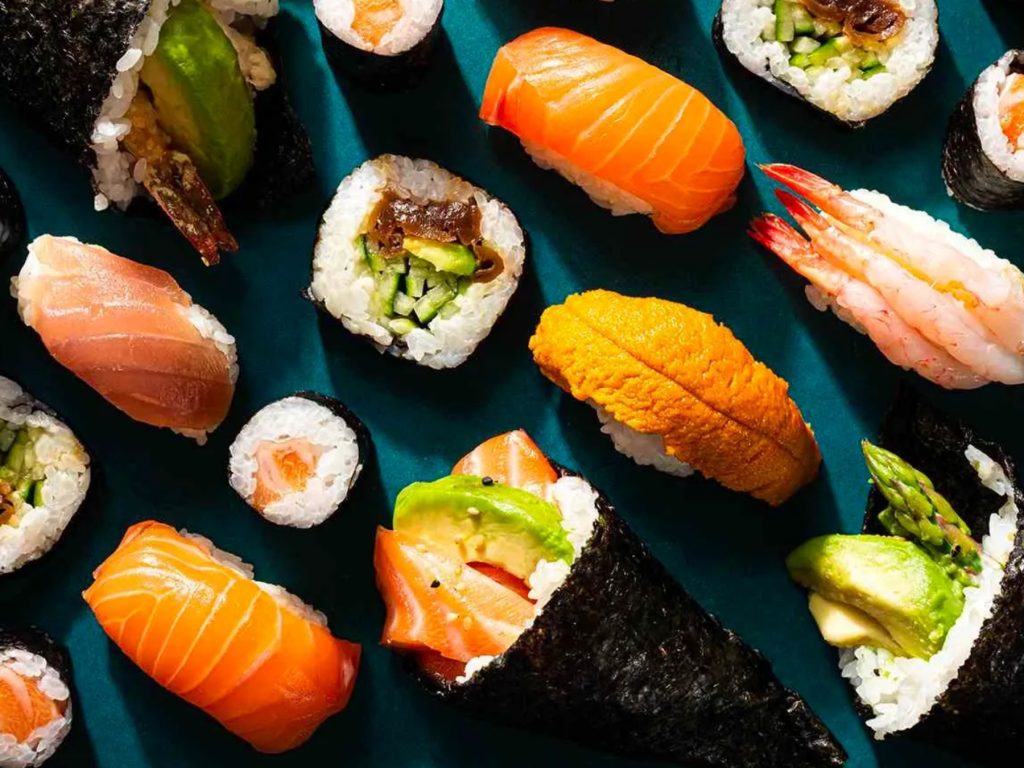
2. Soda and caffeine
In addition to raw food, pregnant women should also avoid or limit the consumption of soda and caffeine. This is because both have a negative impact on fetal pregnancy and development. Soda, especially those that are not labeled diet, generally contain very high sugar levels. As a result this can increase the risk of gestational diabetes and obesity. Both conditions can affect the health of the baby and trigger infant metabolic disorders later.
In addition, soda also contains sodium and artificial sweeteners that cause dehydration. Though the fluid needs of pregnant women must increase to support the bloodstream and healthy fluid. The acid content in soda can also cause tooth email erosion and affect bone health and also reduce calcium absorption in the mother and fetus.
While caffeine can penetrate the placenta and reach the fetus. While the fetus has a limited ability to break down caffeine because the liver and kidneys are not fully developed. As a result caffeine can interfere with the development of fetal organs, especially the brain and heart.
But pregnant women can still consume caffeine about 200 mg per day or equivalent to one cup of coffee. But it is necessary to take into account the overall consumption of other drinks that also contain caffeine.
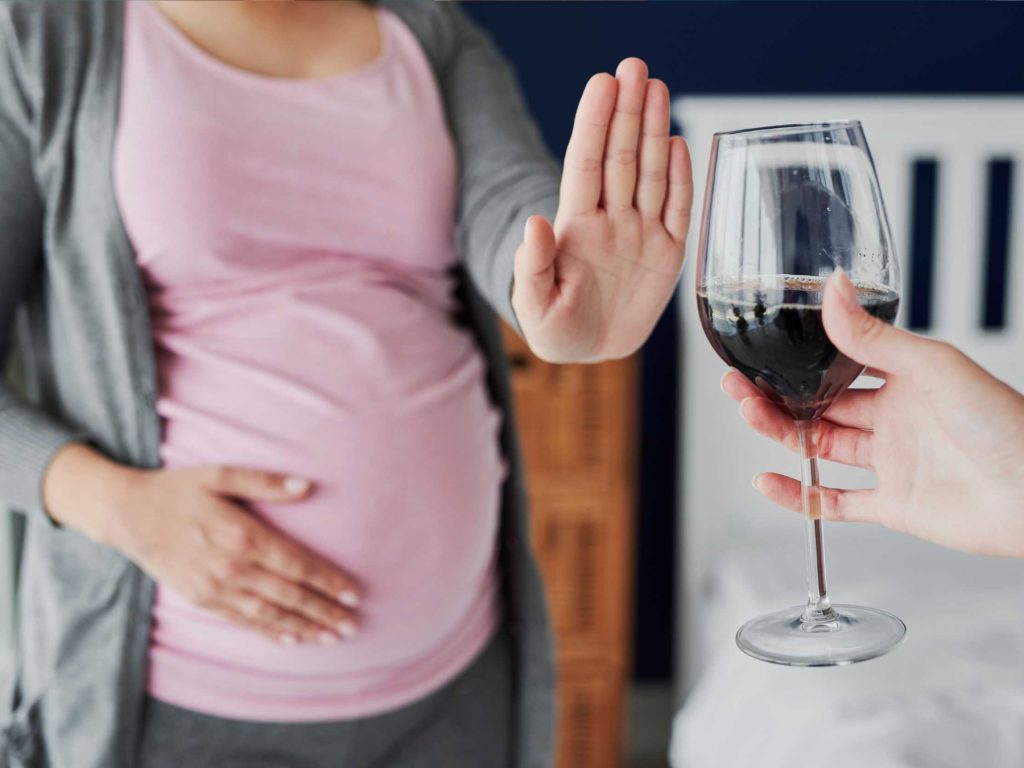
3. Sweet food
The third food that must be avoided by pregnant women is sweet food. This is because sweet foods can increase the risk of getting gestational diabetes, which is a condition of high blood sugar levels during pregnancy. This condition can cause complications such as excess weight when the baby is born, premature birth, inhibited fetal growth or other serious complications including the risk of fetal death if not treated immediately.
In addition, sweet foods are generally high in calories but low in nutrition, so it often causes excessive weight gain in pregnant women. This can increase the risk of pregnancy complications such as high blood pressure and difficult labor, which can even threaten the life of the mother.
Sweet food also has the potential to affect fetal metabolic development and increase the risk of future health problems. Conversely, pregnant women eat balanced nutritious foods so that pregnancy is healthier and smooth labor.

4. Dirty vegetables and fruit
Did you know that pregnant women can eat raw vegetables and fruit? Yes, it's okay as long as the vegetables and fruit are washed clean. If it is not clean, then raw vegetables and fruit can increase the risk of contamination of bacteria, parasites, or pesticides. Bacteria like Listeria, salmonella, and parasites Toxoplasma Gondii Nantiny can cause serious infections in pregnant women and fetuses.
Then how to wash fruits and vegetables thoroughly? It's not hard. You simply wash the fruits and vegetables under the running water. Wash thoroughly including the skin even though the skin is not eaten. Why, why is the skin also washed? Simple, to stop the spread of pesticides, bacteria, or parasites to the flesh of fruit or vegetables.
In addition, you also need to avoid vegetables or fruit that looks damaged or rotten. Because these two things indicate the growth of bacteria, fungi or dangerous microorganisms that are feared will easily cause serious infections, especially for pregnant women.
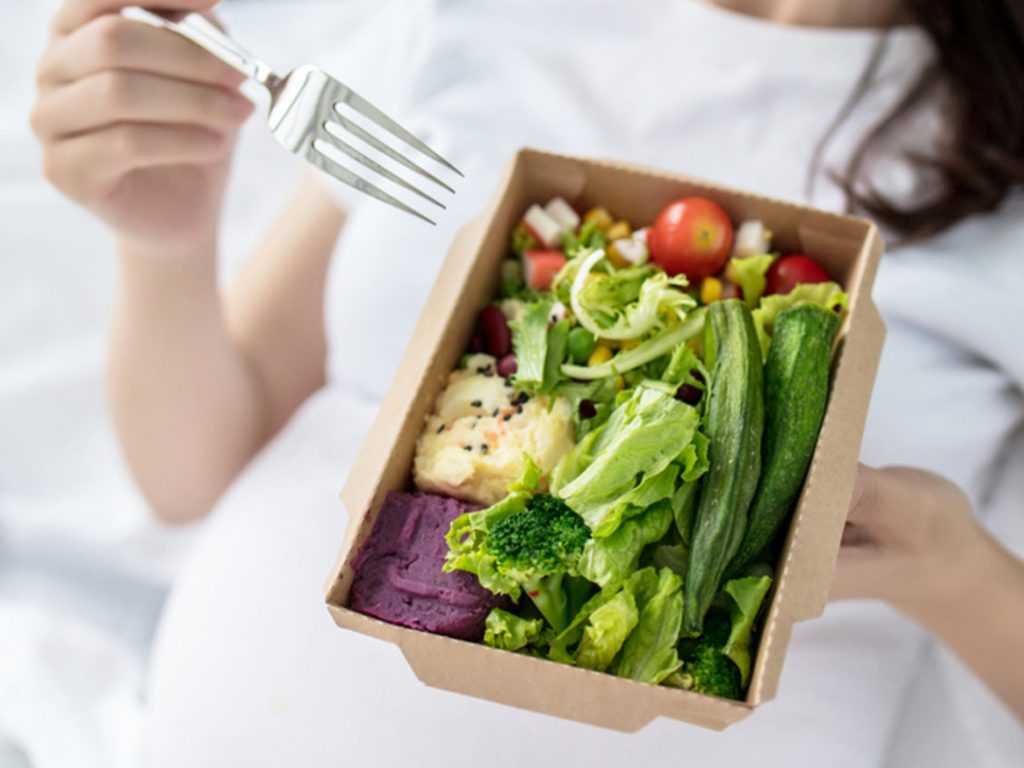
5. Foods are high in mercury
The next thing that needs to be avoided by pregnant women is high -mercury food. This heavy metal is usually found in several types of marine animals such as shellfish. Why should Mercury be avoided? Mercury can have a negative impact on the development of the brain and nervous system of the fetus, can even damage if it is continuously consumed.
Brain damage and nervous system can interfere with the cognitive development, motor, and baby's behavior when born, which can later cause delays in development and learning problems in the future. In addition, mercury is also known to increase the risk of premature birth and low body weight.
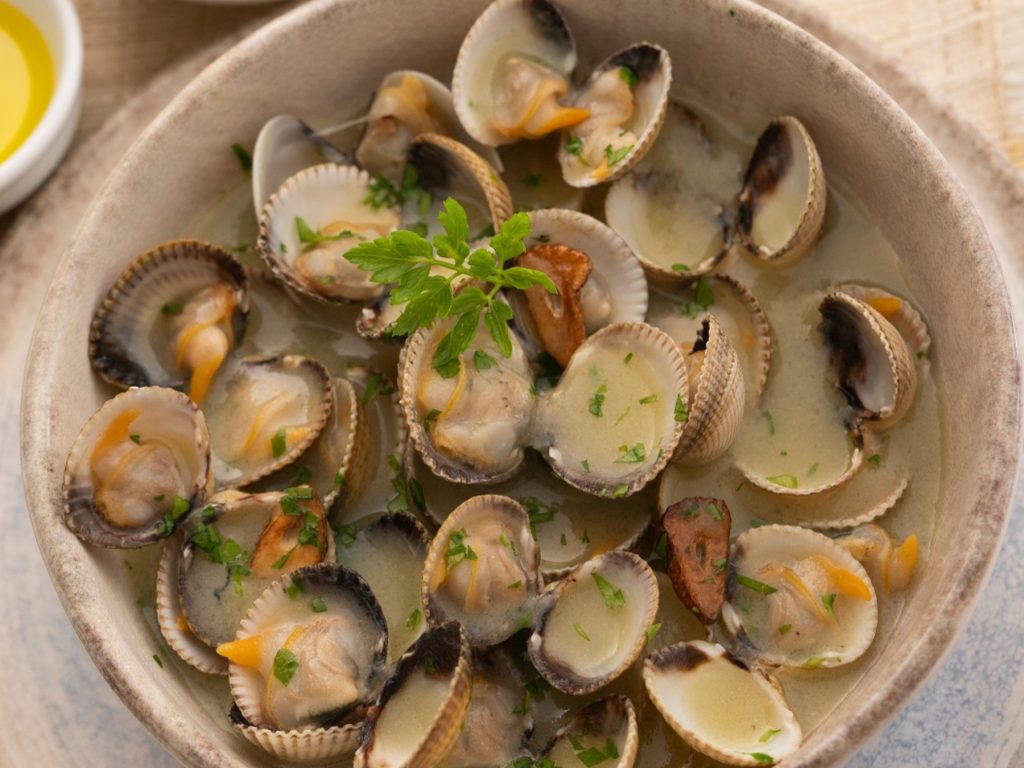
6. Foods High Salt
The last food to avoid pregnant women is high -salt food! This is because high salt food can cause high blood pressure and increase the risk of preeclampsia in pregnant women. High blood pressure during pregnancy can interfere with blood flow to the placenta, so that it has the potential to inhibit fetal growth and cause other serious complications.
While preeclampsia can make the fetus receive less oxygen and nutrition. As a result, fetal growth will be hampered, at risk of premature birth, low weight at birth or even pose a risk of fetal death.
In addition, high salt food can also cause fluid retention which results in uncomfortable swelling in pregnant women. These risks make it important for pregnant women to limit salt intake, choose fresh foods and avoid processed foods that often contain high salt.
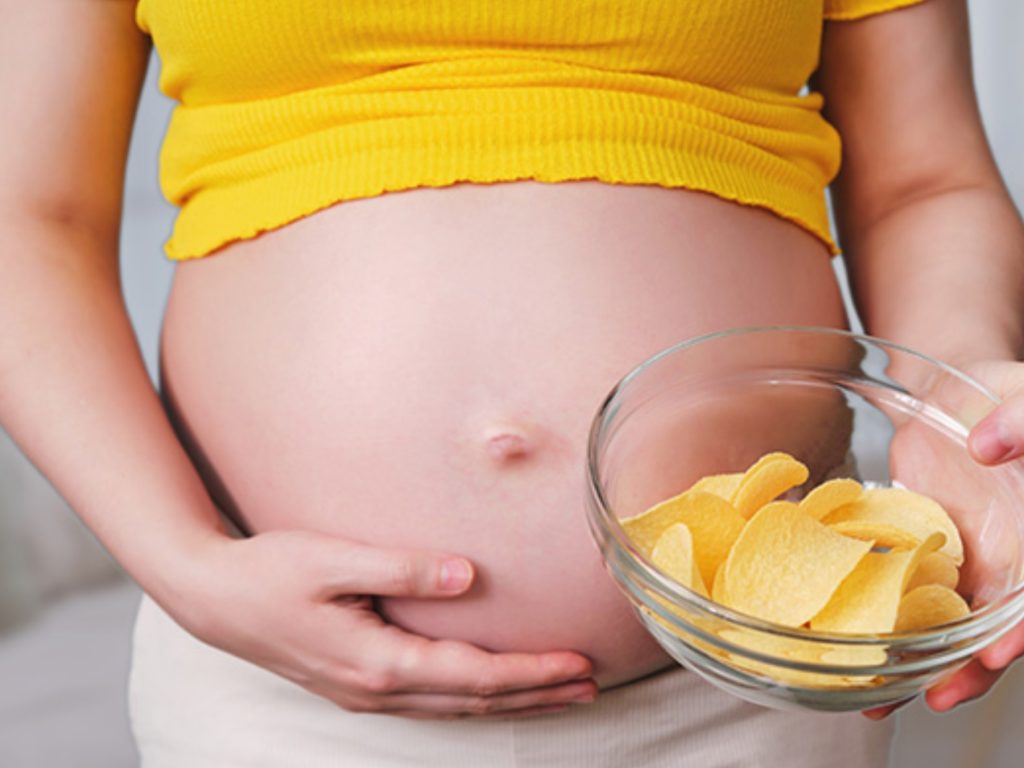
In accordance with WHO guidelines and various health organizations, the maximum limit for salt intake for pregnant women is 5 grams per day or about 1 teaspoon. But ideally, pregnant women are advised to maintain salt intake at a lower level of 2 to 3 grams per day or equivalent to half a teaspoon. I hope the mother and baby can continue to be healthy with Tips From us this time!

Take a look inside the new $ 10 million Bachelor Cushion from Zayn Malik

